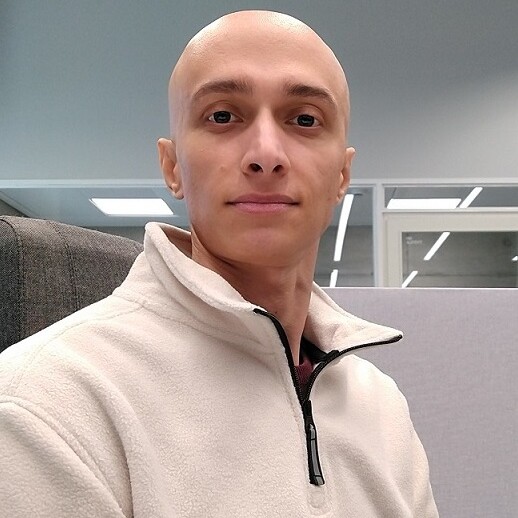Battery Materials and Technologies
The research group of Battery Materials and Technologies, led by associate professor Pekka Peljo, is developing next generation stationary energy storage technologies, mostly based on redox flow batteries. We are an experimental group focusing on discovery of new materials, aided by our collaborators utilizing advanced computational tools, and developing novel testing methods to accelerate materials testing.
Our research areas:
- Stationary energy storage in redox flow batteries
- Understanding charge transfer at interfaces
- Energy storage and conversion
Current Projects
HEMS | Home Energy Management Systems
OHDaBaGS | Operando harvesting of new chemical data from batteries with gas sensors to promote sustainable energy storage solutions
DualFlow | Dual circuit flow battery for hydrogen and value added chemical production
FlowXAI | Materials Development for Flow Batteries with Help of Explainable AI
Bi3BoostFlowBat | Bioinspired, biphasic and bipolar flow batteries with boosters for sustainable large-scale energy storage
HERMES | Breakthrough zero-emissions heat generation with hydrogen-metal systems
ReZilient | Redox-mediated hybrid zinc-air flow batteries for more resilient integrated power systems
FITech Hydrogen project course
Past Projects
CompBat | Computer aided design for next generation flow batteries
DIGIPOWER | Digital drive for revolutionizing materials discovery for the next generation energy storage
Photoproduction of hydrogen in biphasic systems with electron donor recycling
BioFlow | Bioinspired organic redox flow batteries for sustainable and safe energy storage
redoxSolid Flow | Development and in operando characterization of solid redox boosters for high energy density redox flow batteries
Jenny and Antti Wihuri Foundation homing grant








